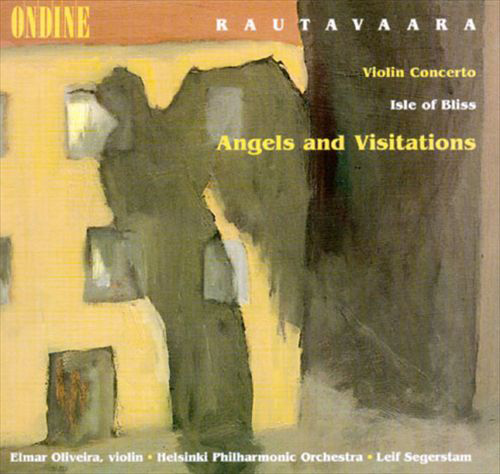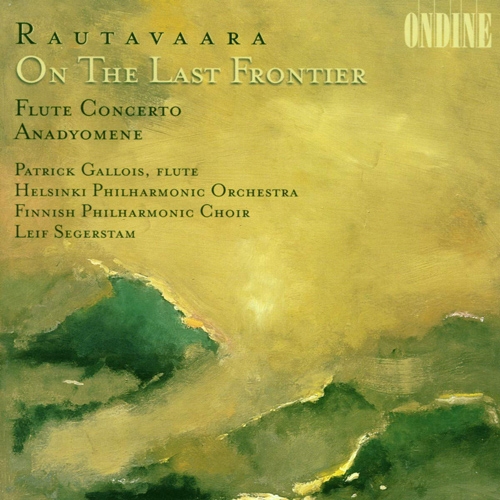18.2.22
13.2.22
12.2.22
RAUTAVAARA : Before the Icons; A Tapestry of Life (Leif Segerstam) (2010) FLAC (tracks+.cue), lossless

RAUTAVAARA : 12 Concertos (2009) 4xCD BOX-SET / FLAC (tracks+.cue), lossless
This four-disc Ondine set collects the complete concertos of Einojuhani Rautavaara. While these 12 works may not make the best argument for the Finnish post-modernist's status as a great composer -- his eight symphonies surely make good that claim -- they certainly make the best argument for his status as an amazingly effective, astoundingly diverse, and wonderfully individualistic composer. The works themselves are all from Rautavaara's wide-ranging maturity. There are three piano concertos, one concerto each for violin, cello, double bass, flute, clarinet, organ, and harp, as well as a Ballad for harp and orchestra, plus the sui generic "Cantus Arcticus" for taped Artic bird songs and orchestra. Though the majority of the works are in three movements, each is unlike any other in conception and execution. From the megalomaniacal Piano Concerto No. 1 through the atmospheric Flute Concerto "Dances of the Winds" to the luminous Bass Concerto "Angel of Dusk," Rautavaara never repeats himself. Each work is superbly composed for its chosen soloist; the nearly Romantic Piano Concerto No. 3, "Gift of Dreams," written for Vladimir Ashkenazy, is a prime example. The soloists are always technically impressive, particularly Patrick Gallois' virtuosity on four separate flutes. They are also often emotionally compelling, especially Elmar Oliveira's seamless legato in the Tranquillo that opens the Violin Concerto. Recorded in cool, clear, deep, and very vivid digital sound, this set deserves to be heard by fans of the best of post-modernism. by James Leonard
RAUTAVAARA : The 8 Symphonies (2009) 4xCD / FLAC (tracks+.cue), lossless

+ last month
MARTHA COPELAND — Complete Recorded Works In Chronological Order Volume 2 · 1927-1928 + IRENE SCRUGGS — The Remaining Titles 1926-1930 | DOCD-5373 (1995) FLAC (tracks+.cue), lossless
One of many early blues and jazz women who were overshadowed and ultimately eclipsed by Ma Rainey, Ethel Waters, and Bessie Smith, Martha Co...

















.jpg)
.jpg)



